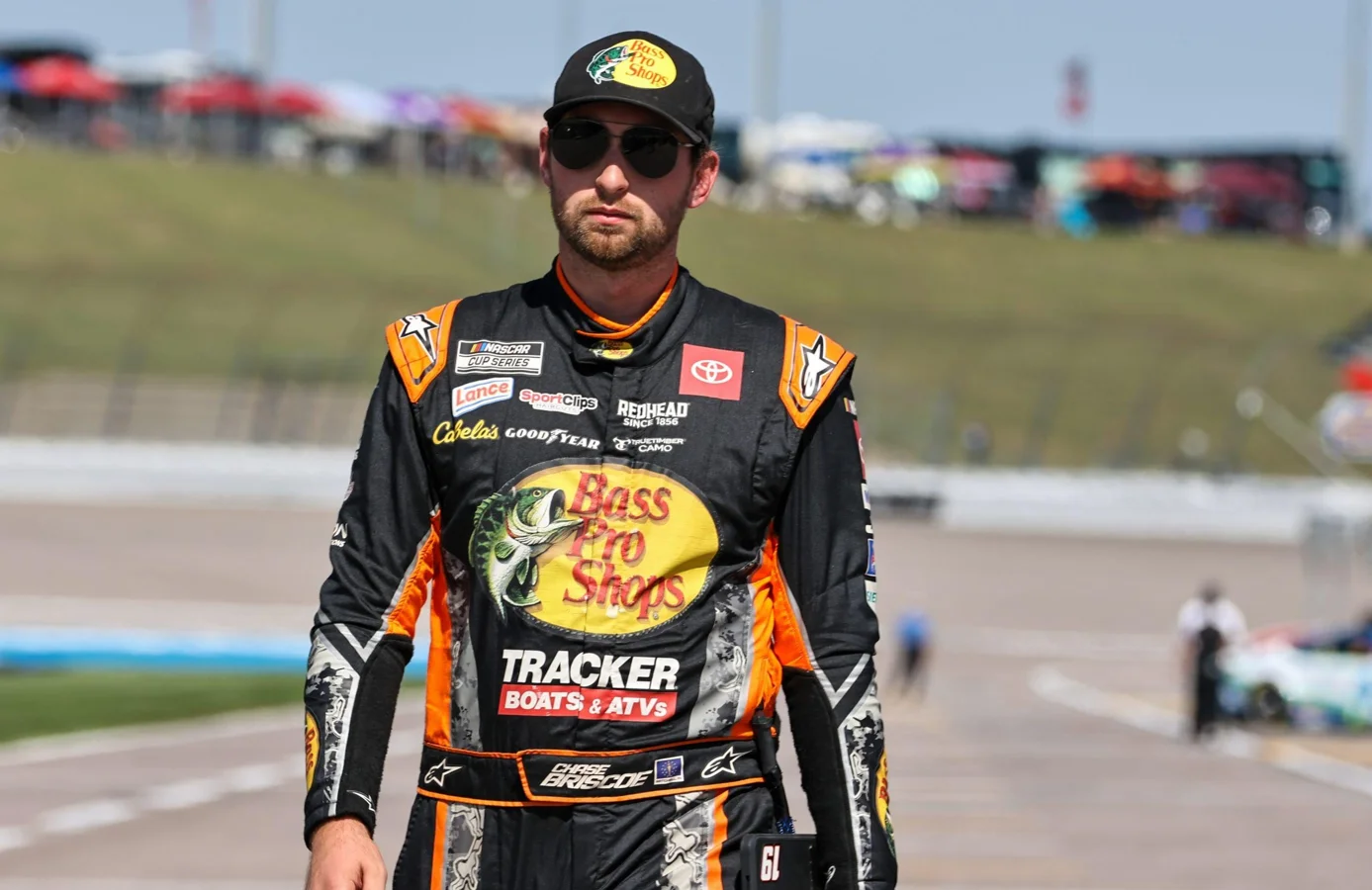Chase Briscoe has weighed in on the widely discussed topic of NASCAR race duration, emphasizing the significance of long-distance events while acknowledging arguments for shorter formats. Addressing the ongoing debate about whether Cup Series races should reflect the shorter time frames of other leagues, Briscoe highlighted that lengthy competitions are a fundamental part of the Chase Briscoe NASCAR race experience.
Briscoe Emphasizes Value of Long Races in Cup Series
NASCAR’s Cup Series is renowned for its marathon races that often span over three hours, standing out compared to the more compact events seen in IndyCar, Formula 1, Formula E, and MotoGP. When asked if NASCAR should adopt shorter race lengths like its motorsport peers, Briscoe, the current driver of the No. 19 car for Joe Gibbs Racing, offered a balanced perspective.
He explained that while shorter races can appeal to a broader audience, there is a unique challenge in the endurance and strategy required for Cup competitions. According to Briscoe, a frontrunner in other divisions might recover from setbacks within a handful of laps, but in Cup racing, overtaking is far more difficult due to the tight competition. The margin between first and twentieth position is often measured in tenths of a second, making every mile count over the course of a 400-mile race.
You would never have guys coming through the field, like, it takes, especially like just in Cup racing, it is so tight. The field is so tight that it takes 400 miles sometimes for a guy to be able to work his way through the field,
Chase Briscoe, Joe Gibbs Racing driver
Briscoe highlighted the natural progression through NASCAR’s ranks, moving from shorter Truck and Xfinity races up to the full-length Cup events, as a critical part of a driver’s development. He emphasized the importance of keeping signature fixtures, such as the Coke 600 and the Southern 500, at their traditional lengths.
So, it takes almost 400 miles sometimes for these races to kind of play out. Now, could some of them be shorter? Yeah, probably. I always want at least a Coke 600. I want the Southern 500. And maybe you can shorten some of the other races, but I do think that that is kind of what Cup racing is,
Chase Briscoe, Joe Gibbs Racing driver
Strong Parallels Drawn with Kyle Busch’s Standpoint
Briscoe’s comments reflect views held by other key figures on the NASCAR circuit, notably two-time champion Kyle Busch. Busch has advocated for preserving the long-standing marquee events, like the Daytona 500, Coca-Cola 600, and Southern 500, describing them as essential endurance challenges. He supports the idea of making select races shorter to keep fans engaged without losing the essence of Cup racing.
Both Busch and Briscoe have pointed to external factors like cautions and weather delays that often result in unpredictable race lengths, sometimes extending events much longer than planned. Busch notes that when rain shortens a race, the urgency increases and drivers adopt more aggressive tactics to gain position before conditions close the track.
Weighing Endurance, Tradition, and Modern Expectations
The core of the debate centers on maintaining the testing nature and tradition of Cup racing, while adapting to the evolving audience expecting faster-paced events. Briscoe and other leading drivers argue for striking a balance—preserving marquee “crown jewels” at full distance, while potentially adjusting less prominent races to match a more modern format.
As NASCAR leadership continues to review feedback, it is likely that any changes will aim to protect the sport’s heritage events and its demanding proving ground, ensuring that the Chase Briscoe NASCAR race legacy remains intact while attracting new fans for the future.
